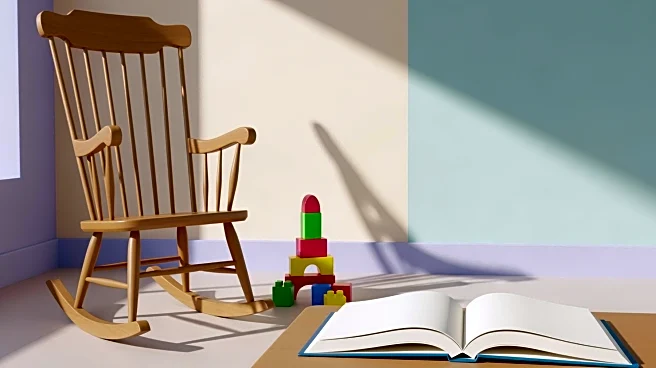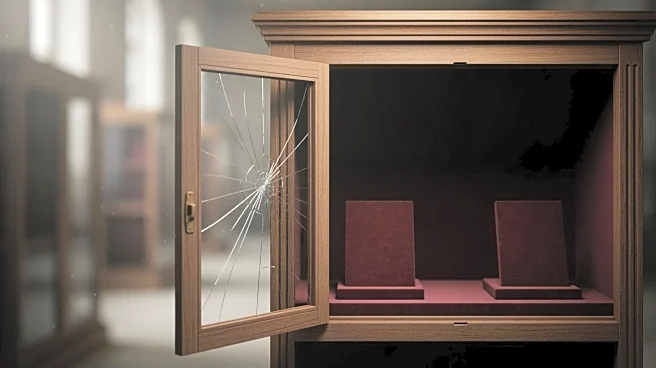Rapid Read • 7 min read
The African Union is advocating for the replacement of the widely used Mercator projection map with one that more accurately represents the true size of the African continent. The Mercator projection, developed in the 16th century, has been criticized for distorting the relative sizes of continents, making Europe and North America appear larger while diminishing the scale of Africa and South America. This cartographic distortion has long influenced perceptions and policies, often to the detriment of less represented regions. The African Union's push for a more accurate map is part of a broader effort to challenge historical biases and promote a more truthful representation of global geography.
AD
The call for a more accurate map projection by the African Union is significant as it addresses longstanding issues of representation and perception that have geopolitical and economic implications. By advocating for a map that accurately reflects Africa's vast size and potential, the African Union seeks to challenge outdated colonial perspectives that have historically marginalized the continent. This move could influence educational materials, policy-making, and international relations by fostering a more balanced view of global geography. It also highlights the importance of symbols in shaping perceptions and decisions, emphasizing the need for honesty and accuracy in representations that inform leadership and policy.
The debate over map projections is not merely academic; it touches on deeper issues of identity, power, and historical narratives. The Mercator projection's continued use perpetuates a Eurocentric worldview that can influence everything from educational curricula to international policy. By advocating for alternatives like the Equal Earth projection, the African Union is not only seeking geographical accuracy but also asserting the continent's rightful place in global discourse. This initiative could inspire similar movements in other regions seeking to rectify historical misrepresentations and promote a more equitable global perspective.
AD
More Stories You Might Enjoy












